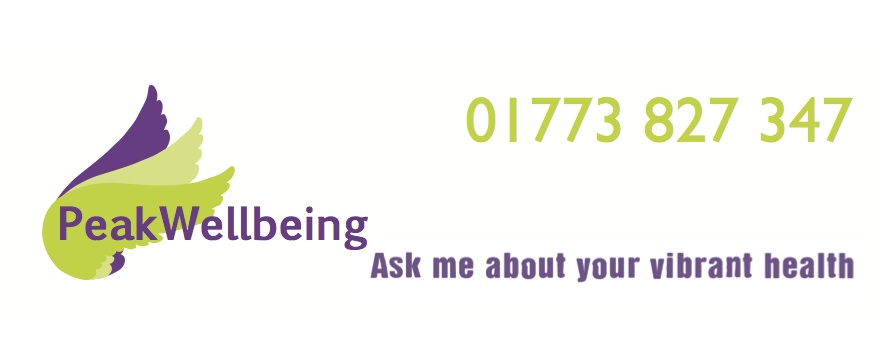Some experts suggest there is an everyday substance even worse for your health than tobacco. A substance that is far reaching, it can be hidden or the m
 ain ingredient in many foods. It is as pure and white as the driven snow, and sweeter than your sweetheart.
ain ingredient in many foods. It is as pure and white as the driven snow, and sweeter than your sweetheart.The substance is sugar. It comes in many different disguises and always tastes good. It’s not just found in the obviously sweet foods such as pop, cakes, biscuits and chocolate, but also in tomato ketchup, salad dressing, cereal, peanut butter, bread, pickle, baked beans, yoghurts and many, many, more everyday foods.
So how can you tell what to look for and what makes sugar so bad?
Check the ingredients of the foods you buy, you’ll be surprised at how many contain sugar and/or it’s disguised derivatives:Glucose/Dextrose (refined sugar)
- Glucose Syrup/Corn Syrup (processed from corn)
- Sucrose (white sugar)
- Invert Syrup/Treacle (found in golden syrup, toffee, black treacle)
- Lactose (milk sugar)
- Maltose (found in germinating seeds such as barley for beer)
- Hydrolysed Starch (just another description for sugar)
- Fructose (fruit sugar)
- Raw, Brown or Demerara Sugar
Sugar is linked to all sorts of nasties, including -Immune system suppression
- Hyperactivity, anxiety and difficulty concentrating
- Premature aging
- Alcoholism
- Weakened eyesight
- Yeast imbalance leading to thrush
- Increased risk of diabetes, heart disease and obesity
Glucose, lactose, maltose and fructose can all be found in nature. That doesn’t mean they’re ‘natural’ when refined and added to foods. They’re all found in whole foods, and when eaten as a whole food (a fresh, crisp apple), all the necessary fibre and enzymes are included for correct metabolism and absorption of all the goodness of that said food. That’s why whole foods don’t come with a list of ingredients.
Although no type of sugar is good for you, refined fructose has been implicated in some pretty serious crimes - obesity, type 2 diabetes, cardio-vascular disease, high blood pressure and lipid (cholesterol) problems. These diseases are collectively known as metabolic syndrome, and are the cause of the obesity epidemic we’re now facing.
Fructose is found in ice cream, fromage frais desserts, soya yogurts, cakes and ‘light’ foods. This refined sugar has the same long term effects on your body as alcoholism (alcohol is fermented sugar), only you don’t notice so much as you don’t get drunk. So next time you see someone with a beer belly (not just on men!), it means they’re likely to have a sweet tooth instead of/as well as high alcohol consumption.
What about brown sugar? Is that better for you than white sugar?
Sorry, but it’s bad news. Brown sugar has either been washed less than white sugar, or has had molasses added back into the white sugar to coat the crystals and give it a bit of a different flavour. So it’s still had all its nutrients stripped during the refining process and is no better for you than white sugar.
What about artificial sweeteners?
The news is even worse for artificial sweeteners. Aspartame, found in Canderel, diet colas, sugar-free fruit squashes etc, has had more reactions reported to the US Food & Drug Administration than every other food additive combined. Reactions included migraines, headaches, memory loss, hallucination, fatigue, nausea and vomiting to name just a few of the milder symptoms. Sucralose (E-number E955), found in Splenda, is linked with enlarged liver and kidneys, reduced growth rate, aborted pregnancy and diarrhoea.
So what can I use?
My personal approach is to avoid sugar all together. I’m not always successful at it, but once you cut it out, you realise how sickly doughnuts and chocolate are, and how sweet fruit and vegetables are. Suddenly I have a whole new appreciation for roast parsnips, sweet potato wedges and slow-cooked onions. Strawberries that have been warmed by the sun become like nectar, and pineapple is my version of a bag of penny chews.
If ever the mood takes me to do some baking, I’ll use xylitol to replace the sugar in the recipe. This is found in shops as Xylobrit, Xylosweet or Perfect Sweet. It’s not perfect, it has a laxative effect in high doses, but it has also been found to be good for your teeth (its used in sugar-free gum) amongst other benefits.
So now we’ve discovered the true source of the obesity epidemic and it’s nothing to do with fat. It’s all about the sugar. Phew, after all this technical stuff I need a break, and in the next article, we’ll discover the power of taking 15 minutes out everyday.
Wishing you peace and good health,
Bess
